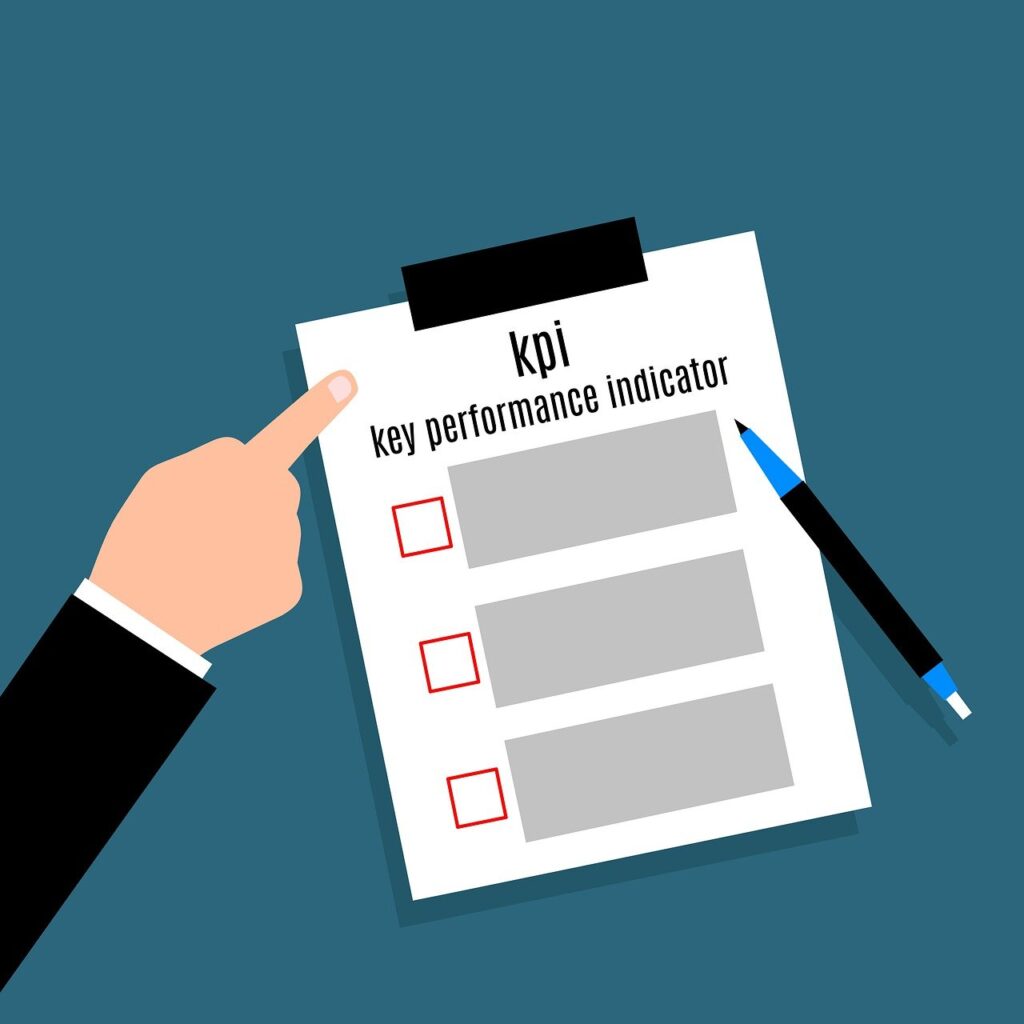Maximizing Efficiency: Exploring Just-in-Time (JIT) Inventory Management
Just-in-Time (JIT) inventory management is a strategic approach that emphasizes the delivery of goods and materials precisely when they are needed in the production process, thereby minimizing inventory holding costs and waste. This methodology has gained prominence across industries for its ability to streamline operations, reduce lead times, and enhance overall efficiency. What is Just-in-Time …
Maximizing Efficiency: Exploring Just-in-Time (JIT) Inventory Management Read More »








